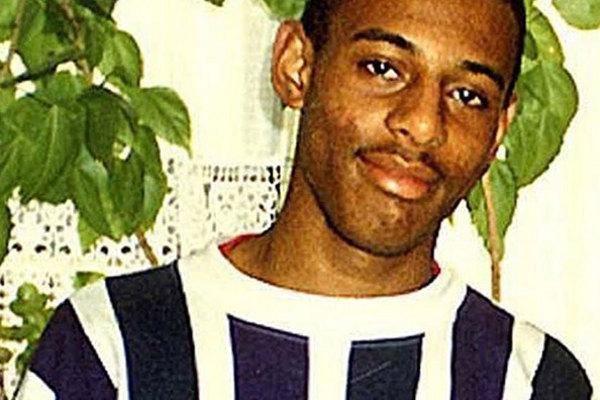Prison Is The New Mental Illness
 I am a big fan of Netflix’s Orange Is The New Black. I spent last weekend watching season two in my house instead of enjoying the beautiful summer weather. It’s entertaining and captivating, but what I really like about the show is its social commentary on many serious issues related to the criminal justice system, namely mental health.
I am a big fan of Netflix’s Orange Is The New Black. I spent last weekend watching season two in my house instead of enjoying the beautiful summer weather. It’s entertaining and captivating, but what I really like about the show is its social commentary on many serious issues related to the criminal justice system, namely mental health.
One of the breakout stars of OITNB is the ever talented Uzo Aduba (above), who plays Suzanne “Crazy Eyes” Warren. It hasn’t been revealed yet why she is in jail, but it is clear that Crazy Eyes is mentally unstable. She is first introduced to the audience at the beginning of season one when she decided to make Piper Chapman (played by Taylor Schilling) her prison wife.
As the season progressed, it becomes more apparent that she is unpredictable. One day she is reciting Shakespeare; the next day she is urinating on the floor after being rejected by Piper. In season two we learn that Crazy Eyes was adopted by a loving, but pushy white family that made her do things she was afraid to do. Some of her violent tendencies and disdain for her white mother give the impression that she had a major mental breakdown that led to her imprisonment.
Another unstable Litchfield inmate, Lorna Morello, is revealed to be an obsessive stalker in season two who was imprisoned for trying to kill a man she dated once. She even breaks into his house during her driving duties.
This led me to want to learn more about how real mentally ill prisoners are handled. According to the National Alliance on Mental Health, more than half of prison inmates have a history of mental illness. “An estimated 31 percent of women and 14.5 percent of men in jails have a serious mental illness. Seventy percent of youth in the juvenile justice system have a mental health condition.” Most mentally ill inmates are not violent criminals. Most of them leave prison with very limited access to resources and treatment, and, thus, have a higher recidivism rate.
Up until recently, severely mentally ill people were treated in mental hospitals. However, there was a movement to remove the stigma around mental illness by deinstitutionalizing mentally ill people. As a result of not getting the proper care they needed in psychiatric hospitals, mentally ill people are more likely to come into contact with the criminal justice system.
According to a 2006 report from the Bureau of Justice Statistics, over one million mentally ill people are incarcerated in U.S. prisons and jails. The high numbers are creating a strain on prison resources. It costs taxpayers up to US$400 a day per prisoner to just take care of mentally ill inmates simply because extra supervision and medication are needed. Mentally ill inmates are also more likely to be preyed upon in jail, injured in a fight and get into trouble for not following rules.
Even corrections officials are fed up.
“We’ve systematically shut down all the mental health facilities, so the mentally ill have nowhere else to go,” said Cook County Sheriff Thomas Dart in a New York Times interview. “We’ve become the de facto mental health hospital.”
While Orange Is The New Black is fictional entertainment, mental illness in our society is a very real problem. The growing number of mass shootings in America that are mostly committed by mentally ill people puts a solid spotlight on the issue. Eventually, we will have to start the larger conversation about how to effectively deal with this problem in a structured, but humane way.
